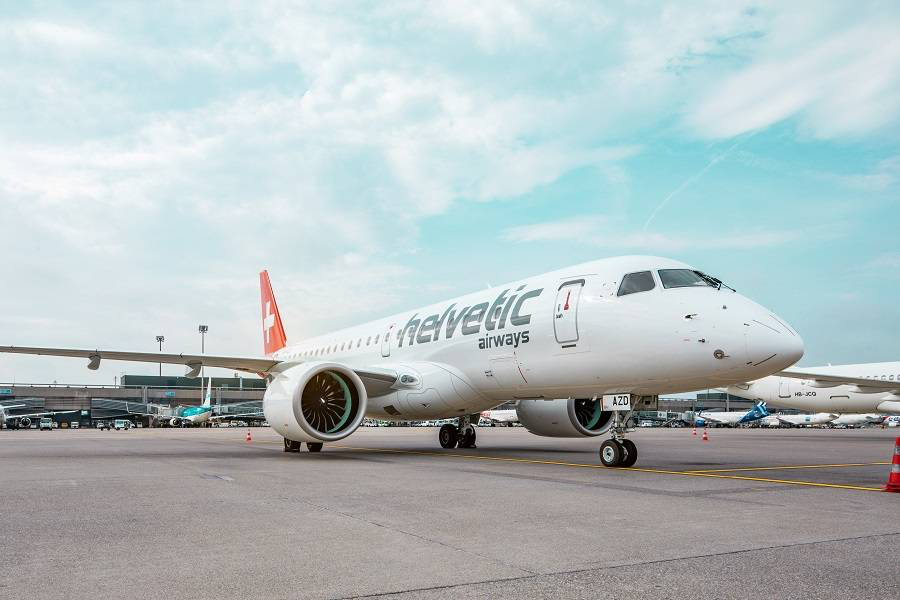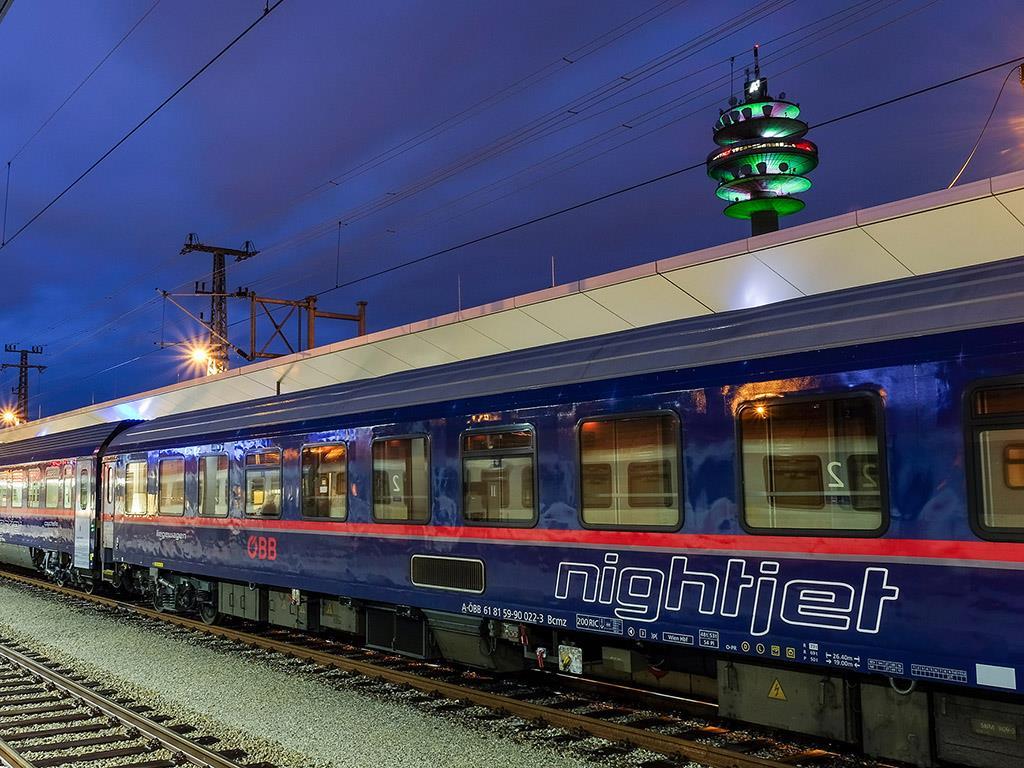Embraer E190-E2 Makes First Commercial Flight into London City Airport
London, UK – Last Thursday, 2 September 2021 saw an important debut for London City Airport. At 5:45 pm, an Embraer E190-E2 made its first commercial flight into the iconic airport in the centre of…

